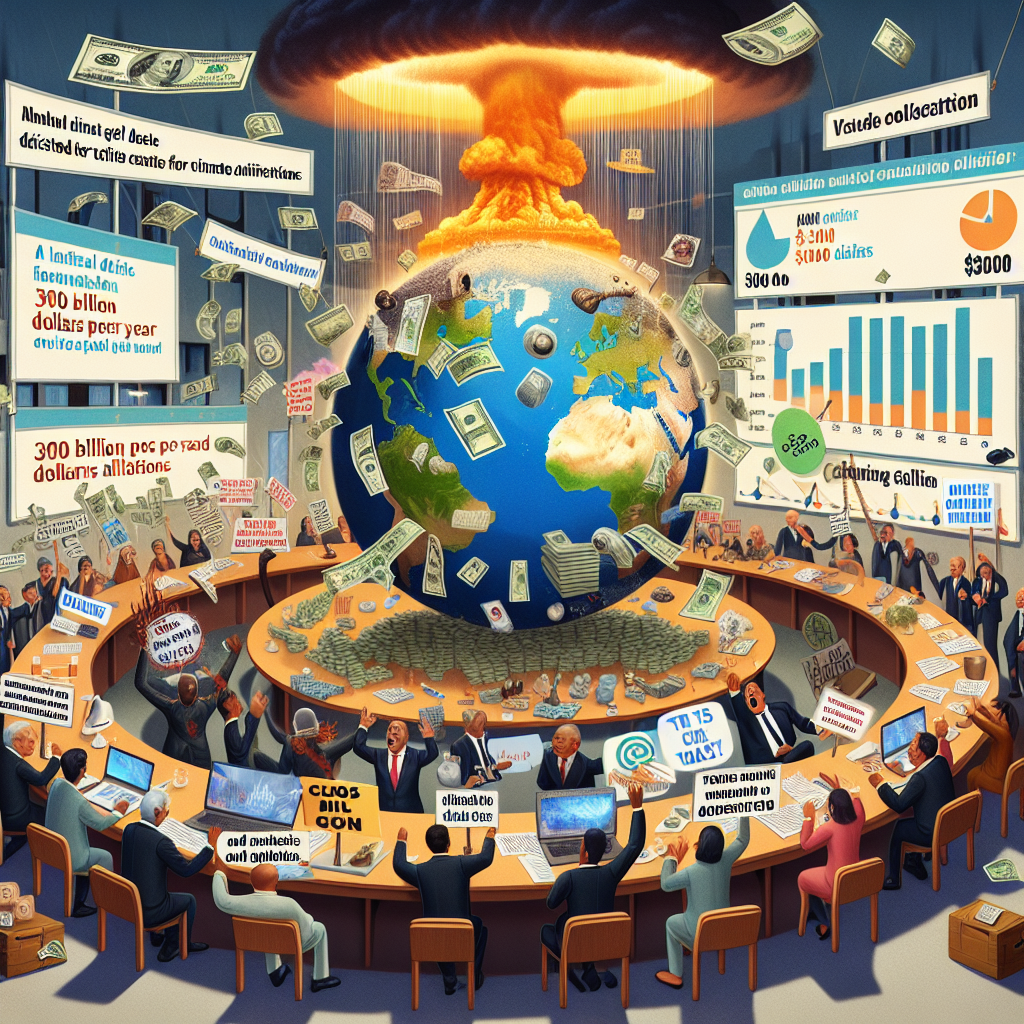The recent UN climate talks in the city where the oil industry first emerged have sparked mixed reactions from delegates of developing countries. The main point of contention was the agreement to allocate $300 billion annually for the fight against climate change, with a focus on helping poorer nations cope with its devastating effects.
COP29 President Mukhtar Babayev swiftly gaveled the deal into acceptance, without giving any nation a chance to voice their concerns. This move was met with criticism from many developing countries, who accused Babayev of being unfair and biased towards the deal.
One of the main objections raised by India’s negotiator Chandni Raina was the inadequate amount of funds allocated. She repeatedly expressed her disappointment and stated that India could not accept such a “paltry sum.” Raina also highlighted the fact that the amount to be mobilized was “abysmally poor” and would not be enough to support the necessary climate action for the survival and growth of their country and people.
Echoing India’s sentiments, Nigeria’s Nkiruka Maduekwe, CEO of the National Council on Climate Change, called the deal an insult and a joke. She emphasized that it was unrealistic and failed to hold developed countries accountable for their historical and current contributions to worsening climate change. Maduekwe stressed that this was not a matter to be taken lightly and that it was not something to be applauded.
Many other nations joined in the criticism, with a long line of delegates expressing their disappointment and dissatisfaction with the deal. The general consensus was that developed countries needed to take more responsibility for their actions and provide more support to developing nations in their fight against climate change.
It is evident that the $300 billion deal has not been well-received by developing countries, who feel that it falls short of their expectations and needs. As the effects of climate change continue to worsen, it is crucial for all nations, especially the developed ones, to step up and take concrete actions to combat this global crisis.

